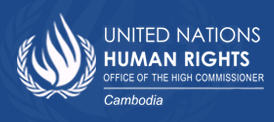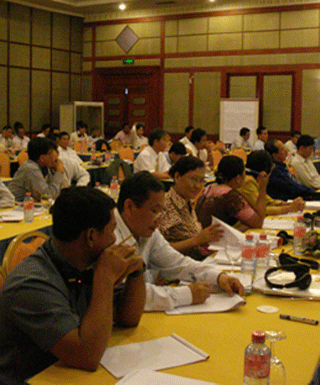What is treaty reporting?
Cambodia has become party to the following core international human rights treaties and some of their optional protocols:
- International Covenant on Economic Social and Cultural Rights (ICESCR)
- International Covenant on Civil and Political Rights (ICCPR)
- International Convention on the Elimination of All Forms of Racial Discrimination (ICERD)
- Convention on the Elimination of Discrimination against Women (CEDAW) and its Optional Protocol
- Convention against Torture and Other Cruel, Inhuman or Degrading Treatment or Punishment (CAT) and its Optional Protocol
- Convention on the Rights of the Child (CRC), its Optional Protocol on the sale of children, child prostitution and child pornography, and its Optional Protocol on the involvement of children in armed conflict
- Convention on the Rights of Persons with Disabilities
- Convention for the Protection of All Persons from Enforced Disappearance.
By accepting these treaties, the Government has made a legally-binding commitment to implement the rights in the treaties for the benefit of everyone in Cambodia.
All States parties to a human rights treaty are obliged to submit regular reports to the United Nations on how the rights in the treaty are being implemented. These reports are reviewed by a committee of independent experts, often referred to as a 'treaty body'. The Committee examines each report and addresses its concerns and recommendations to the State party in the form of "concluding observations". The aim of this process is not to criticize governments, but to provide constructive advice on ways in which countries can make better progress towards ensuring that everyone can enjoy the rights set out in the treaty. The treaty body does not rely solely on information provided in the government's report to make its assessment. It is also open to submissions from national and international non-governmental organizations (NGOs) as well as United Nations agencies, such as WHO or ILO.
For more information on Cambodia's reporting under each treaty, select the relevant treaty in the drop down menu below, where you will find the report(s) submitted by the Royal Government of Cambodia, as well as the lists of issues and questions, concluding observations and recommendations by the treaty bodies.

